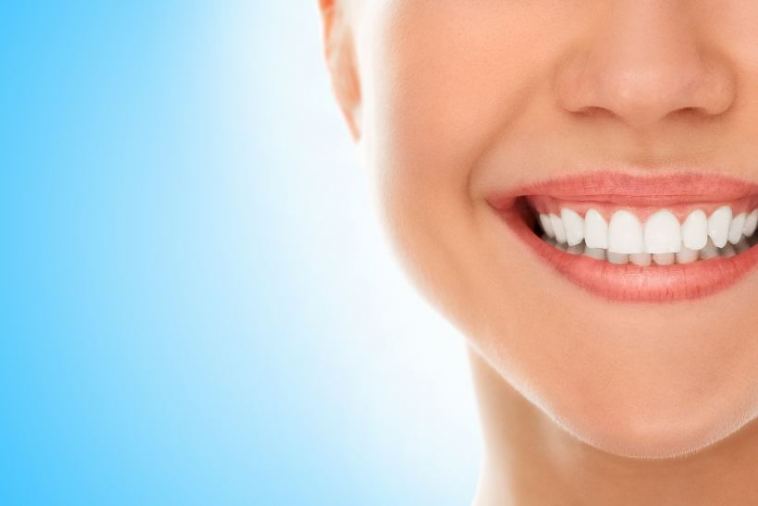- Like
- SHARE
- Digg
- Del
- Tumblr
- VKontakte
- Flattr
- Buffer
- Love This
- Save
- Odnoklassniki
- Meneame
- Blogger
- Amazon
- Yahoo Mail
- Gmail
- AOL
- Newsvine
- HackerNews
- Evernote
- MySpace
- Mail.ru
- Viadeo
- Line
- Comments
- Yummly
- SMS
- Viber
- Telegram
- JOIN
- Skype
- Facebook Messenger
- Kakao
- LiveJournal
- Yammer
- Edgar
- Fintel
- Mix
- Instapaper
- Copy Link
Introduction
Many types of dental procedures help people achieve a perfect smile, and getting braces is one of the most popular options out there. This orthodontic treatment addresses multiple problems in your mouth, including crooked teeth, abnormal bites, and misaligned jaws.
Since their introduction by French dentist Christophe-Francois Delabarre in 1819, they have undergone major advancements. Today, different types of this orthodontic device are available, including metal, ceramic, lingual, and the ones used for Invisalign treatment.
Taking proper care of your braces helps you achieve a perfect smile in no time, and this guide can aid you in doing so. Read on to learn more.
Basic Cleaning
Teeth with dental braces require thorough cleaning since they are more prone to having plaque being trapped in them. Taking your time to brush and floss daily is one of the simple ways to take care of your teeth and braces. Consider investing in a good toothbrush and toothpaste that can clean hard-to-reach areas of your teeth.
After brushing comes flossing. Doing it when you have traditional braces requires more effort, but it helps deal with plaque buildup. You may want to use dental flosses designed for sensitive teeth with braces. Brushing alone might not reach the tiny spaces between your teeth and could lead to bacteria or microorganisms building up in them. Flossing regularly helps remove the food debris in those areas, and you’ll less likely develop cavities.
Rinsing with mouthwash is also an excellent idea since they help reach stubborn areas that need extra attention. It’s best to select a brand that has cavity-fighting ingredients, such as fluoride.
Watch the Food You Eat
If you’ve just had your braces or an adjustment, you will find chewing tough food to be a challenge. It can damage fixed braces and cause dental treatments to take longer or to lead to poor results. You have to be careful with what you eat to prevent that from happening.
Another thing you can do is to cut up tough food into small parts so you won’t have difficulty chewing them. This goes without saying that you have to avoid crunchy snacks like popcorn and candy brittles since they’re hard and you can’t slice them into pieces. You have to avoid eating ice as well and stray away from chewy food, such as caramels and gums that can stick to your braces.
There may be food that you can’t avoid eating, and they may cause your fixed braces to lose an elastic band or have a wire unfastened. If you experience this, it’s best to make an appointment with your orthodontist.
Maintain Regular Dentist and Orthodontist Visits
If you have fixed braces or have undergone Invisalign treatment, it’s best to keep up with your dental appointment since skipping visits slows down your treatment plan’s progress. Your orthodontist will help you maintain and achieve the results you are looking for.
Dental Cleaning
Sure enough, brushing, flossing, and using mouthwash daily helps maintain good oral health. But visiting your dentist for regular cleaning shouldn’t be out of your schedule. Teeth with braces are more likely to develop plaque and tartar, even with proper oral hygiene.
Brace Adjustments and Corrections
Metal braces need replacements and adjustments from time to time. Having regular appointments with your orthodontist helps make sure your teeth are moving the way they should be. You should also schedule a visit if there are damaged or broken brackets to make sure they won’t affect your teeth and gums. If you wear Invisalign, it’s important to check with your orthodontist if your teeth have reached the desired movement.
Checking Your Overall Oral Health
Scheduling a dental appointment is essential to know if any problems or complications may have occurred during your treatment. These include cavities, tooth decay, gum problems, misalignments, demineralization, and more. Discussing your oral practices with your orthodontist also helps you avoid getting any dental issues in the future.
Choose An Orthodontist You Can Trust
Picking the right orthodontist is essential to avoid problems throughout your dental treatment. But, how can you choose a professional that suits your needs? You can begin by asking for referrals from your family, friends, or even your trusted dentist. This helps you narrow down your choices.
Another valuable resource is the internet. Try searching for orthodontists near your area and read reviews about their services. Once you decide to go to a particular orthodontist, it’s also important to think about the first impression you have of them. This helps you decide whether they are a great fit for your dental needs.


